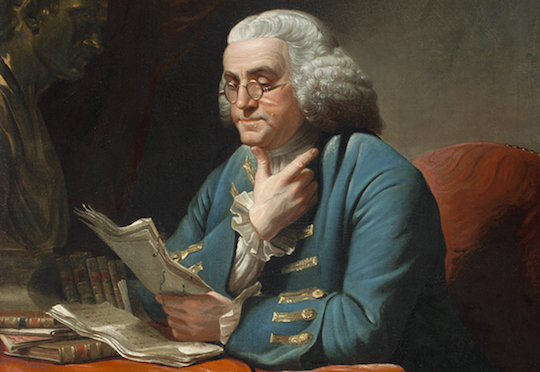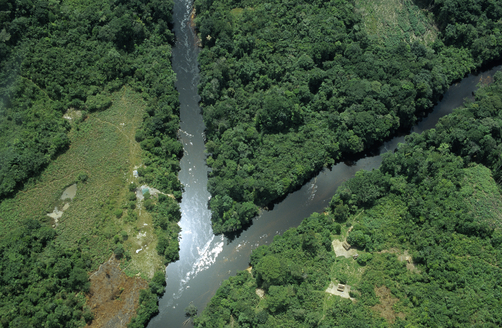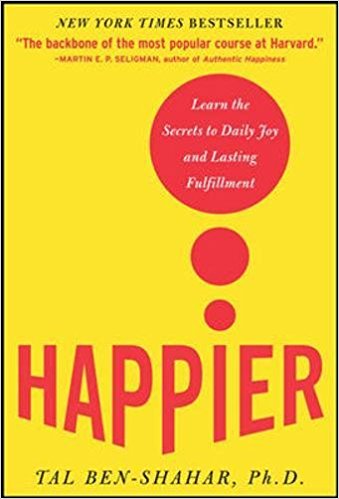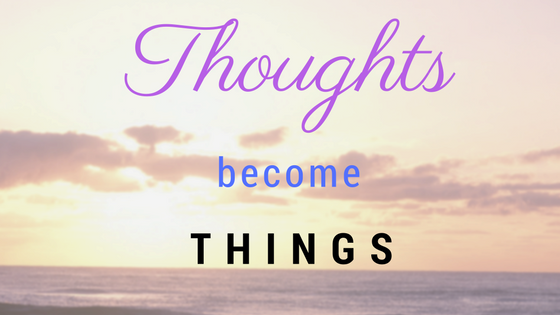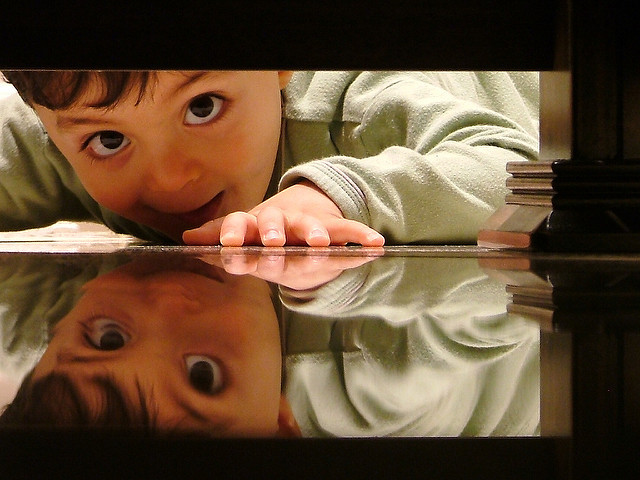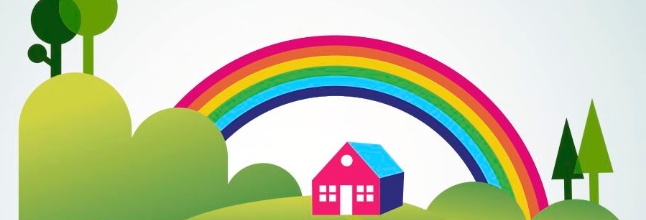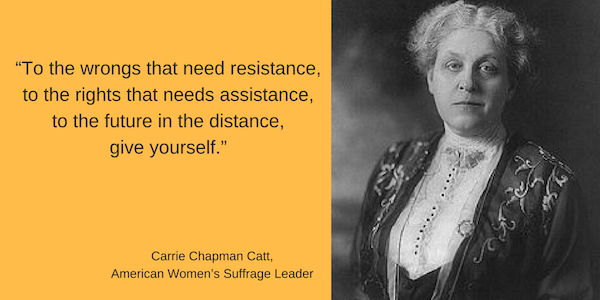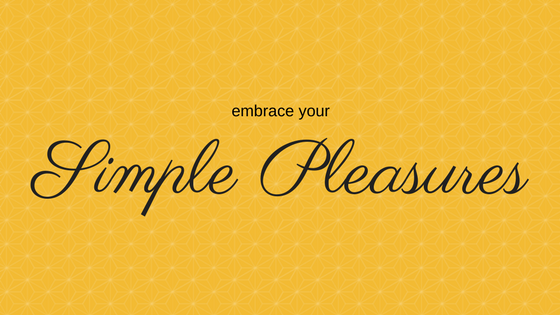“Will you look back on life and say, ’I wish I had,’ or ‘I’m glad I did’?”
—Zig Ziglar, late American author, salesman, and motivational speaker

What percent of the day does the average person seem content, happy, or even joyful? Alternatively, what percent of the day do they go through the motions, feel stuck, or experience regret?
Where do you fit on this spectrum of feelings, day-to-day, week-to-week, or even year-to-year?
Someone once shared the thought that life is a bit like a toilet paper roll. The more life sheets you use, the faster it spins.
EXERCISE:
What steps can and will you take at this point in your life to have many more “I’m glad I did” moments in the years ahead?
My daughter Rachel suggested a wonderful book related to this topic, titled A Million Miles in a Thousand Years – How I Learned to Live a Better Story, by Donald Miller.

